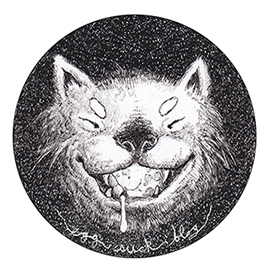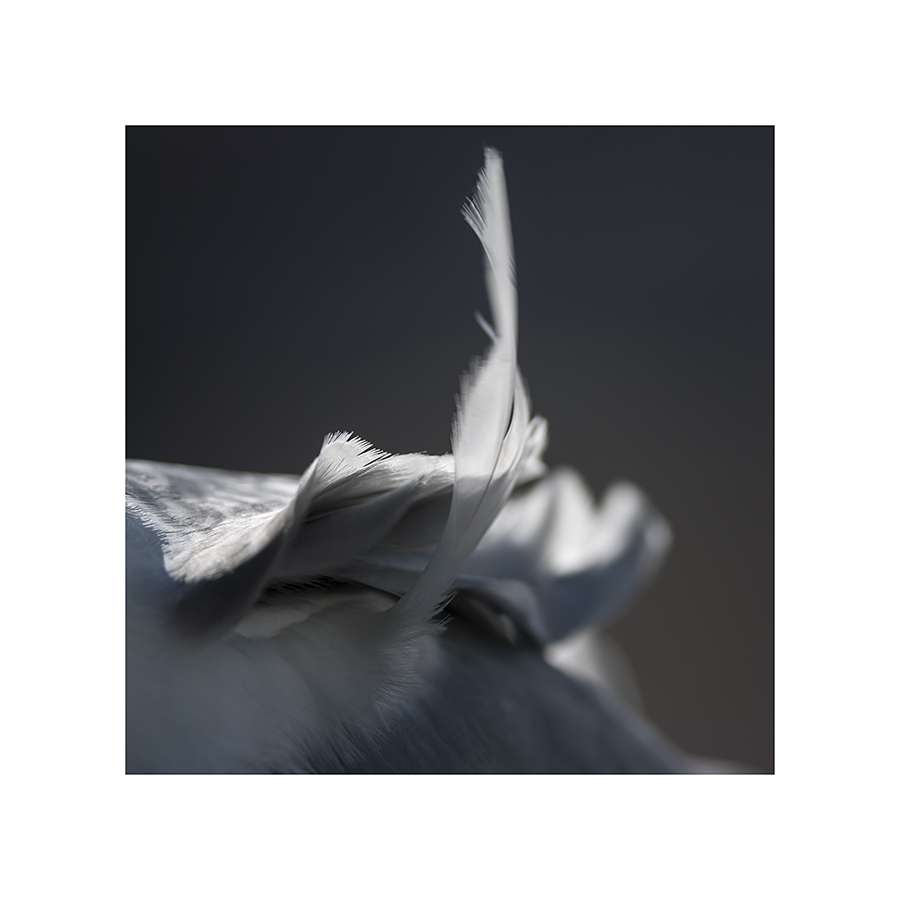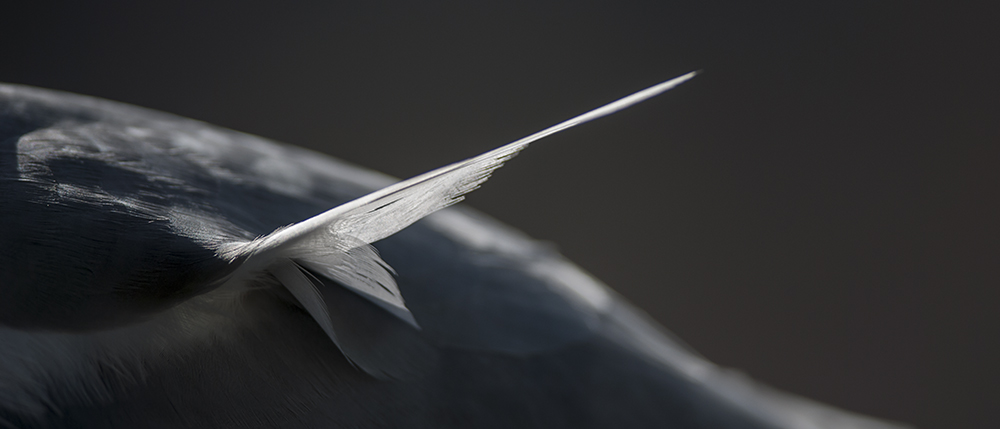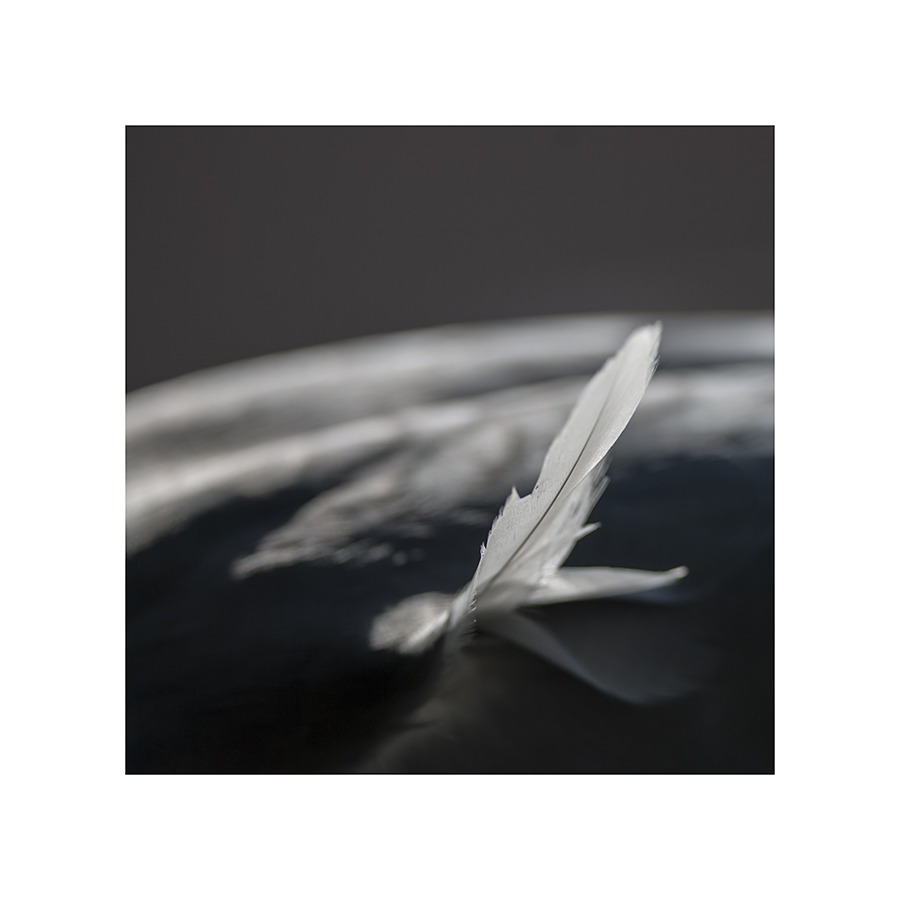I wish I could pop into a crow’s consciousness, just for a few minutes, have a good rifle through its brain. Is it capable of thought, in any form recognisable to humankind? If so, what’s on its pointy little mind?
There’s been a discussion over on the bird forum, over the last couple of days, which began with musings on why British birds are so human-shy, and wended round to the subject of birdly awareness of us, in general: the effect of the human gaze; racial memories of human persecution; the possible motivations behind avian mischief. I referred to the crows on my balcony, which have become quite habituated to my presence, and will happily eat and play and sun themselves, while I’m sitting nearby. However, for all their apparent comfort with my interest, they only engage in obnoxious behaviours, such as throwing stones, digging up the garden, and upsetting my flowerpots, when they think I’m not looking. (Apparently, they are not familiar with the marvels of reflective surfaces and peripheral vision.) This brings a couple of questions to mind:
1) How do they know these behaviours are not appreciated? Do they know?
I’ve never punished the crows for making a mess, in any way. “Punishment,” in this case, would refer to any expression of displeasure — how, after all, does one punish a bird? It’s possible they’ve been punished by other people, for similar behaviours, and refrain as a matter of course. Another possibility is that they can’t keep effective tabs on me, while wrangling stones, throwing dirt, or pulling at flowerpots. I probably wouldn’t encumber myself unnecessarily with a potential predator sitting three feet away, either.
2) Although they won’t behave badly while I’m looking, they clearly want to. Why might that be?
I understand why they throw dirt, I think: they’re digging for seeds, shifting soil out of the way; that it ends up all over my floor is neither here nor there.
I’m less sure of the idea behind throwing stones or upsetting my flowerpots. At first, I thought they did these things as a means of acting out when the feeder was empty, either to amuse themselves while they waited for food, or to attract attention, so the empty tray would be noticed. But today, with the feeder fresh-filled, I noticed a young crow on the railing, gazing fixedly at me. Curious as to what he’d do if he thought I couldn’t see him, I pulled my hood over my eyes, and leaned back in my chair. From his point of view, my face was cut off at the nostrils, but I could see him fine. Within thirty seconds, he’d marched over to my daffodils, knocked them down, and begun tugging them out of the pots. Now, WHAT is the meaning of that?
I shook my hood off, having seen what I wanted to see, and Mr. Crow hopped back to the feeder, as though nothing had happened. Little sneak!
I wonder if there’s some sort of experiment one could conduct — by removing variables, one by one, might it be possible to isolate the triggers behind specific behaviours? One would have to isolate all the variables, first. Let me make a couple of lists:
THINGS THAT ARE ALWAYS THE SAME, BALCONY-WISE
* There’s a ground-tray style feeder;
* There are potted plants — these vary by season, but the crows vandalise all of them;
* There’s a large planter, full of dirt and stones, which contains the feeder and the potted plants.
* There’s a deckchair, surrounded by more plants, and a trellis with ivy;
* There’s a hummingbird feeder swinging in the breeze, and another stuck to the sliding glass door.
THINGS THAT ARE NOT ALWAYS THE SAME, BALCONY-WISE
* The weather;
* The lighting conditions, both indoor and outdoor — for example, when my bedroom light is on, the feeder is bathed in light;
* My presence — I am always visible to the crows, unless I’m in the loo, but my location and level of activity varies;
* Level and type of available bird food: sometimes, there’s suet; other times, it’s just seed;
* Presence or absence of other (possibly aggressive) birds — how the devil would one control that?
* Overall cleanliness: I sweep up every couple of days, and wipe away bird lime daily, but sometimes there’s a watering can out, or a broom, or a cardigan, a bag of soil, an empty plant pot — the list goes on.
* Presence or absence of other human beings, within visual range: my neighbours also use their balconies, and sometimes there are workmen on the roof.
Oh, dear. It seems I’d need a much more controlled environment, to obtain any sort of credible result. Ah, well. The mysteries of crowish cogitation shall remain mysterious.
And these are pigeons:
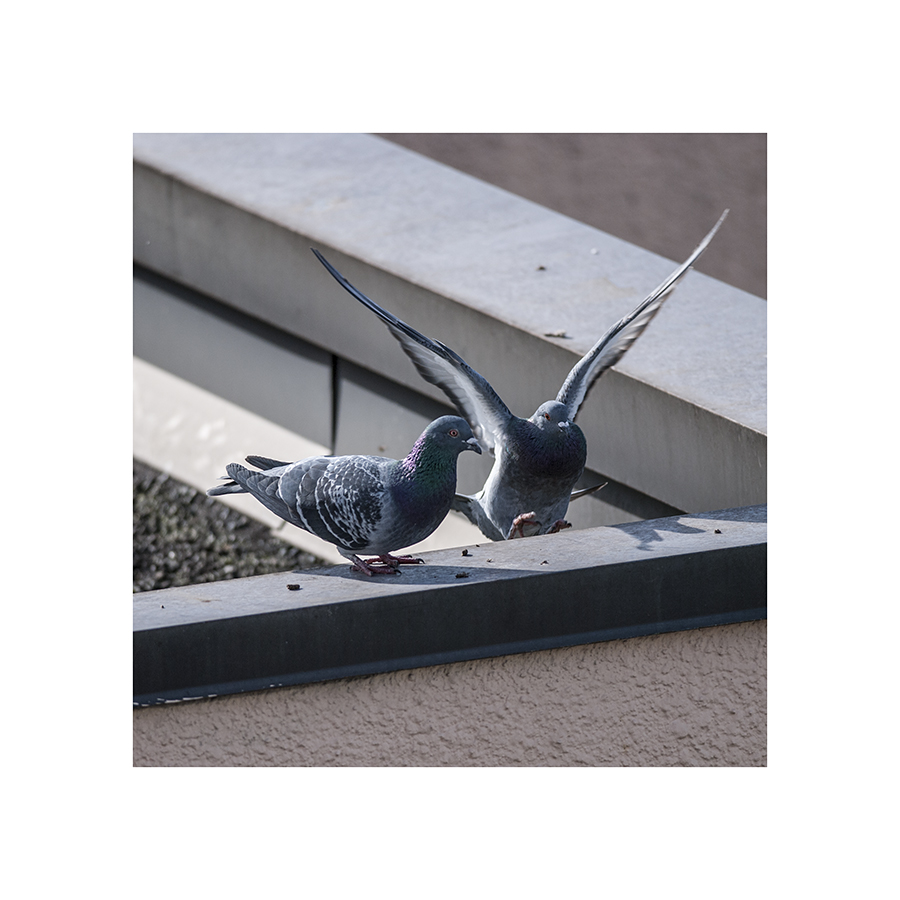
I’ve been seeing rather a lot of these, this week. Where’ve they all come from, out of the blue, like that? I hadn’t seen a pigeon in ages!
